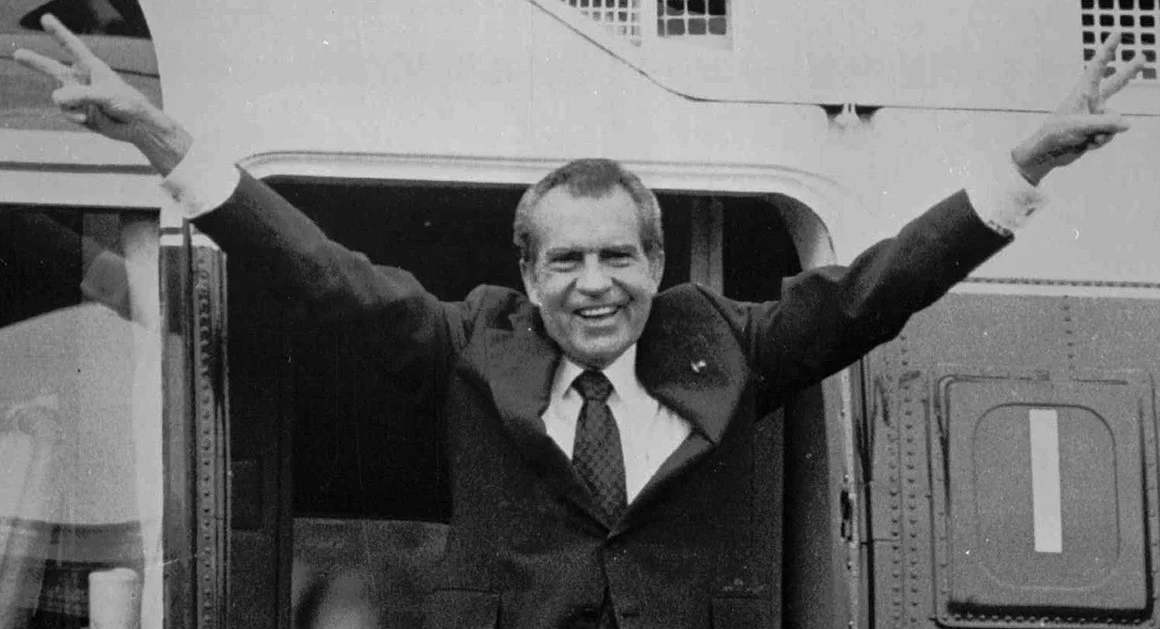Orwell Down and Out
May 25, 2012
Reflections on Down and Out in Paris and London by George Orwell
Hunger overwhelms and consumes everything, but once you hit rock bottom, things improve, George Orwell concludes after slumming it in Paris for a month or two. But one finds oneself thinking: that's easy for you to say, George, because you ultimately had a way out. "If you call your Dad he could stop it all."
With his friend Boris, Orwell whiles away a desolate, famished evening thinking only of the next meal, dreaming up menus filled with perfect dishes and litres of claret. Hunger, Orwell suggests at one point, is actually liberating. Once the very worst has happened, once you are at your nadir, once all hope has been drained away to be replaced merely by the basic urge to survive, you actually feel your fortunes improving, he says.
Anyhow, the scams and swindles of the Paris demimonde are thoroughly entertaining, and Orwell the victim describes them admiringly. Landlords prowl the landings like sentry guards as penniless tenants plot their moonlight flits - described here as "shooting the moon". In an early variant of the Nigerian advance-fee fraud, sinister Russian emigres urge Orwell and Boris to pay up front to join their secret communist society, on the promise that Orwell will subsequently be paid 150 francs a pop for articles about British sports and politics. The touches are perfect. The emigres mutter conspiratorially and ask Orwell for passwords. They urge Orwell and Boris to visit their office, located above a laundry on Paris's south bank, carrying a bundle of dirty clothes in order to allay the suspicions of lurking gendarmes. Finally, 10 days later, Orwell returns to the office and find that the emigres have vanished without trace.
Orwell is good on the sheer irrationality of the wage-slave’s existence, and on the thoughtless, hand-me-down myths that allow an economy to run on miserable drudgery. “Fear of the mob is a superstitious fear. It is based on the idea that there is some mysterious, fundamental difference between rich and poor, as though they were two different races, like Negroes and white men. But in reality there is no such difference.”
His language is very much of its time, of course. There is the whiff of anti-Semitism running through the book, though, and you feel Orwell doesn't quite do enough to distance himself from it. Reported speech describes Jews as crooks, misers or perverts. The full-blown bigotry doesn't quite leak beyond the quotation marks, but there are telltale hints of a certain "on the edge of a remark" attitude. A moneylender is described as the Jew. Boris's indigent and amoral room mate is also the Jew. There is another Jew who defrauds an elderly miser out of 6,000 francs.
Still, it was in the air at the time and on the edge of so many remarks. Orwell is no John Buchan, whose Thirty Nine Steps seems sullied these days by its Elders of Zion-type fantasies about swarthy and conspiratorial cosmopolitans. Literary critics say the only contemporary author never to have betrayed any sign whatsoever of lingering or latent or inchoate anti-Semitism was James Joyce.






